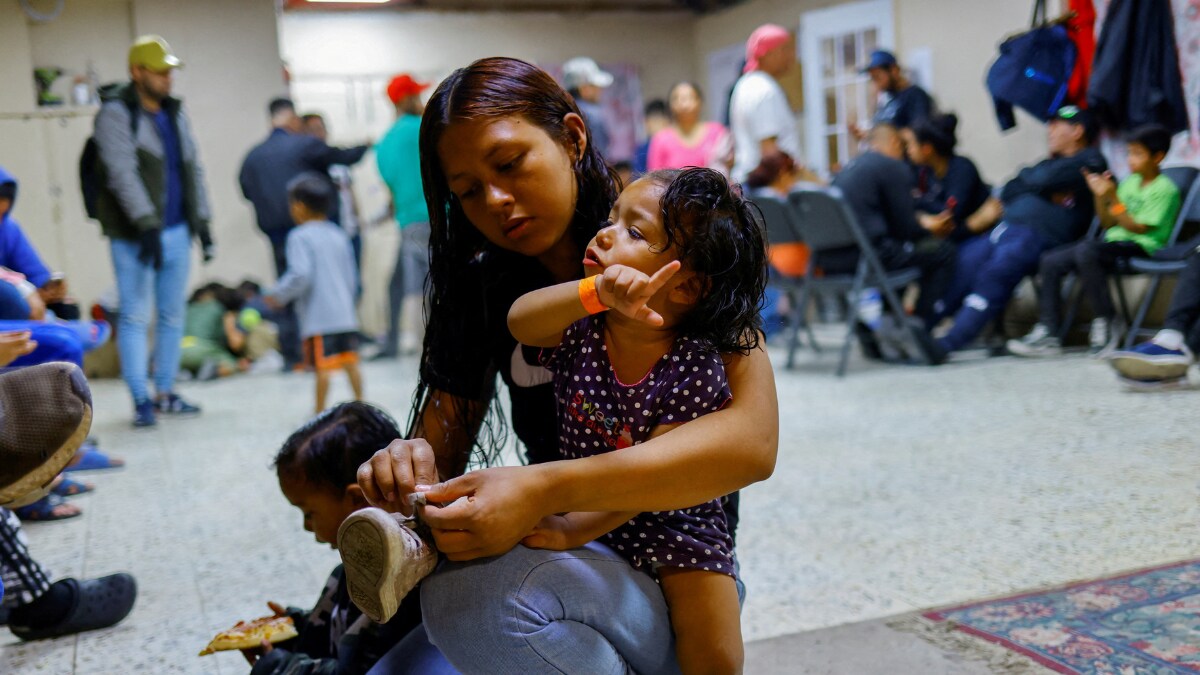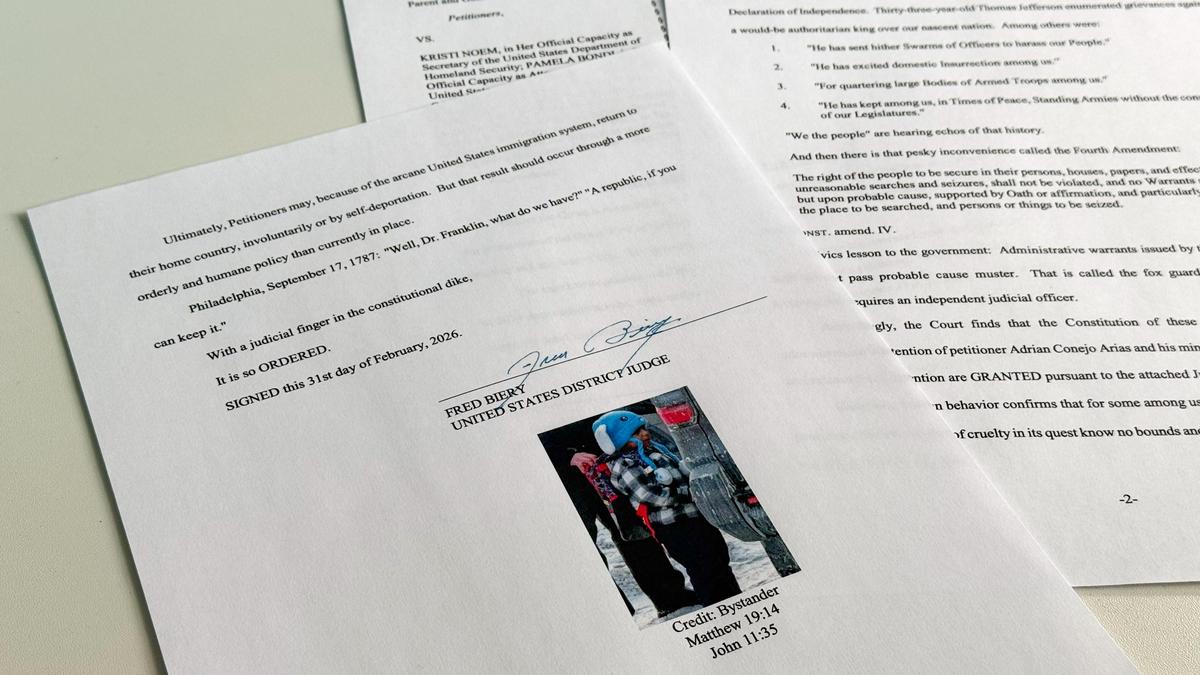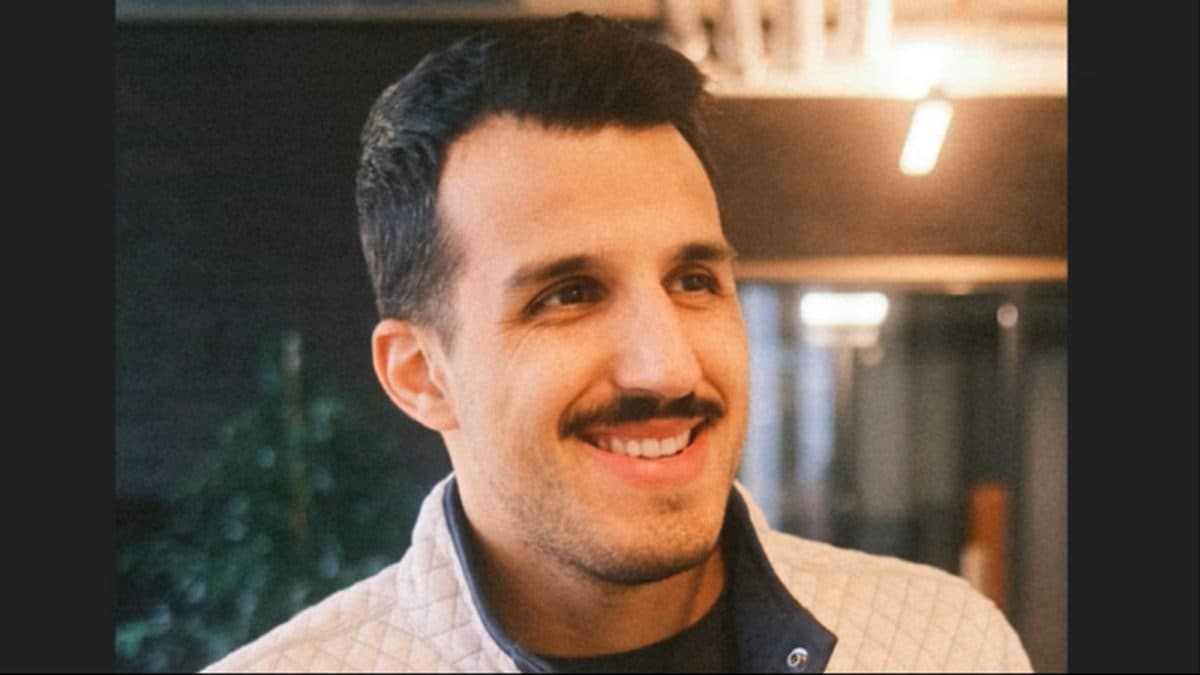- July 27, 2024
How Are Visa Backlogs Affecting 250,000 Documented Children Of Immigrants In The US? – News18

There does not seem to any light at the end of the tunnel for children of legal immigrants, a significantly large number of whom are Indian Americans who came to the US as a young kid with their parents and now risk being deported back to the country where they don’t know anyone because of them being aging out when they turn 21.
There are around 250,000 of such children of legal immigrants, a significantly large number of whom are Indians. The White House on Thursday blamed the Republicans for this legislative impasse. “I talked about the bipartisan agreement that came together from the Senate where we negotiated a process to help the so-called documented Dreamers. And sadly, Republicans, and I’ve said this many times already at this podium today, which is that they voted it down twice.
They voted it down twice,’ White House Press Secretary Karine Jean-Pierre told reporters at her daily news conference. Last month led by Senator Alex Padilla, Chair of the Senate Judiciary Subcommittee on Immigration, Citizenship, and Border Safety, and Representative Deborah Ross, a bipartisan group of 43 lawmakers called on Biden Administration to take urgent action to protect the more than 250,000 Documented Dreamers — children of long-term visa holders — who are at risk of aging out of their dependent status and are forced to self-deport if they are ineligible for another status.
“These young people grow up in the United States, complete their education in the American school system, and graduate with degrees from American institutions,” wrote the lawmakers. “However, due to the long green-card backlog, families with approved immigrant petitions are often stuck waiting decades for permanent resident status,” they said in a letter to the Biden Administration on June 13.
Last month, Improve The Dream, an organization representing these children of legal immigrants, met with over 100 congressional offices and senior administration officials. “It is disappointing to see the lack of action and associated proposed regulations deprioritized and delayed. It is time for action and I hope President Biden and the administration see the support from this bipartisan letter and show they care about one of the most bipartisan issues in Congress and rectify the mistakes of the past,’ said Dip Patel, founder of Improve The Dream comments.
At the same time, he expressed gratitude for the bipartisan members of Congress leading in a letter asking for urgent administrative policy improvements and who continue to champion a permanent solution through Congress. “I was forced to start visa-hopping to be able to stay in this country when I was 20 years old, right before I aged out, as a junior at the University of Minnesota – Duluth. I am about to turn 27 this August. Soon, if my time visa-hopping was personified, they would be older than I was when I first came to the United States,” Jefrina, currently a graduate student pursuing my MBA at the Saint Mary’s University of Minnesota told PTI.
She came to the US from India in 2005 at the age of 7. ”I arrived under a dependent H-4 visa. My family applied for permanent residency in 2010 when I was 12 years old, and I unwittingly fell in love with this country. In the last 19 years, Minnesota has undoubtedly become my home,” she said. “My young adult life has been a series of temporary fixes to avoid self-deportation. I graduate from my Masters program in December, and I’m yet again at the crossroads of leaving my family, pets, friends, and a myriad of unquantifiable reasons I call Minnesota my home,” Jefrina said.
Praneetha, a Cloud Engineer based in Texas, who came to the US with her family when she was 8 years old as a dependent on her parents’ work visa, and after living in the US for more than 15 years, is left with no clear path toward permanent residency and has to hop from visa to visa in order to continue living and working in the country. Roshan was forced to leave the US last month. He was working with- an American semiconductor manufacturing company. He came to the US with his Mom and brother at the age of 10 on an H4 visa- he grew up in Boston and graduated from Boston College in 2021 with a degree in Economics.
Roshan grew up in the US for almost 16 years but aged out in 2019. He had to leave the US in June without a clear path for returning, living, and working in the only country that he has truly called home. Patel said every day without action results in young adults, who have been lawfully raised in the United States by skilled workers and small business owners, to be forced to leave the country, separating them from their families and stopping their ability to contribute to the country. The administration has heard countless stories and examples of American-raised and educated STEM and health care talent (which comprises 87% of all impacted by aging-out, according to Improve The Dream’s survey) contributing in other countries now due to barriers in our legal immigration system.
“Our country is not only losing young talent who were raised and educated here, but we’re also losing many of their parents, who have years of practical experience as small business owners or in fields like medicine, engineering, and artificial intelligence. The economic case is clear and the moral case is clear. It is common sense,” he said in response to a question. “All major administrative actions have excluded this population from receiving benefit, despite the tools for such relief being available and being used for others. Until Congress can pass the bipartisan America’s Children Act, we need urgent action by the administration to prioritize this issue, which has bipartisan support from Congress and the general public, and clear economic benefit,” Patel told PTI.
(This story has not been edited by News18 staff and is published from a syndicated news agency feed – PTI)







